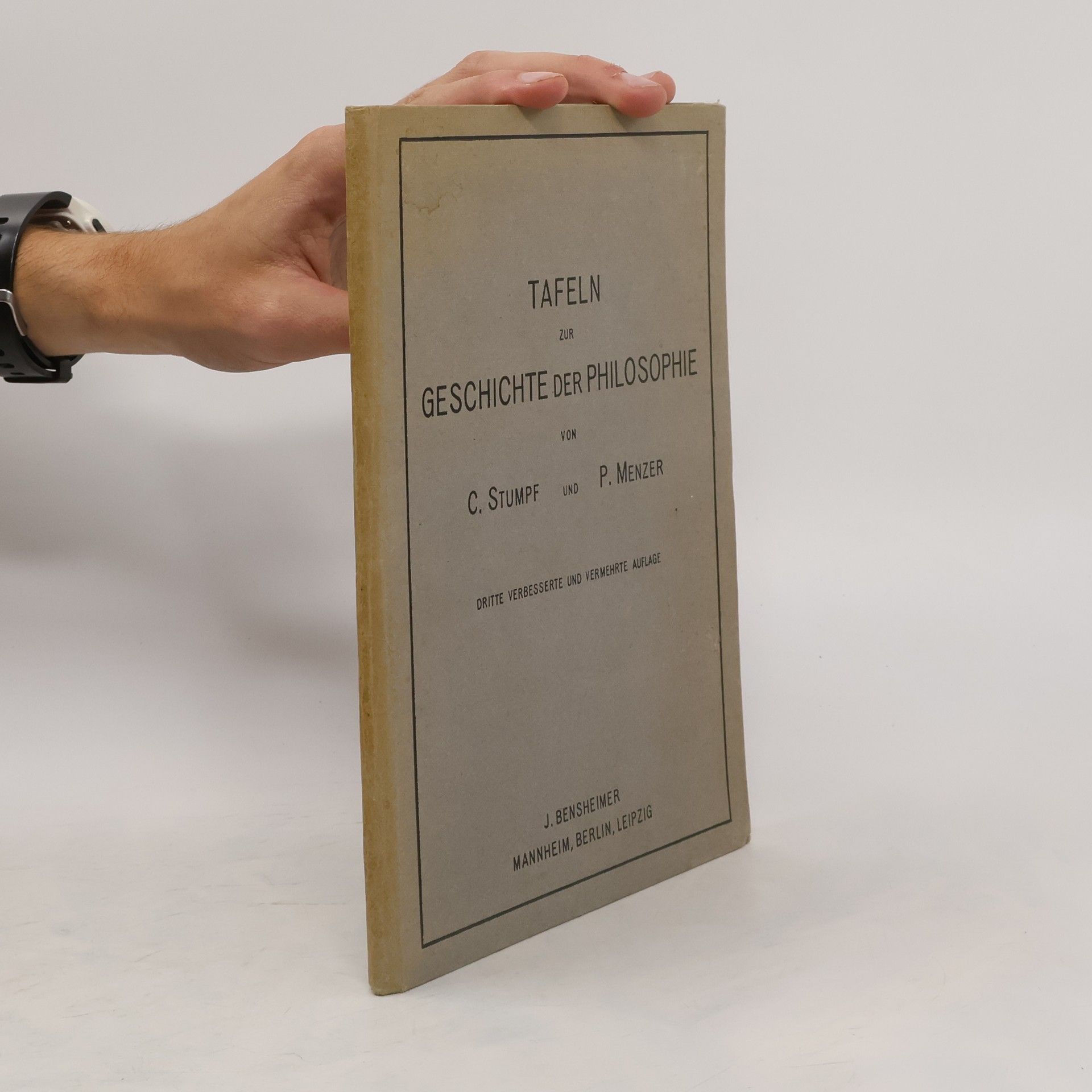This Element contends that Shakespeare and performance has long been dominated by a medium alien to its expression, print, a foreign government that forecloses alternative conceptualizations and practices.
Paul Menzer Livres



Includes bibliographical references and index.